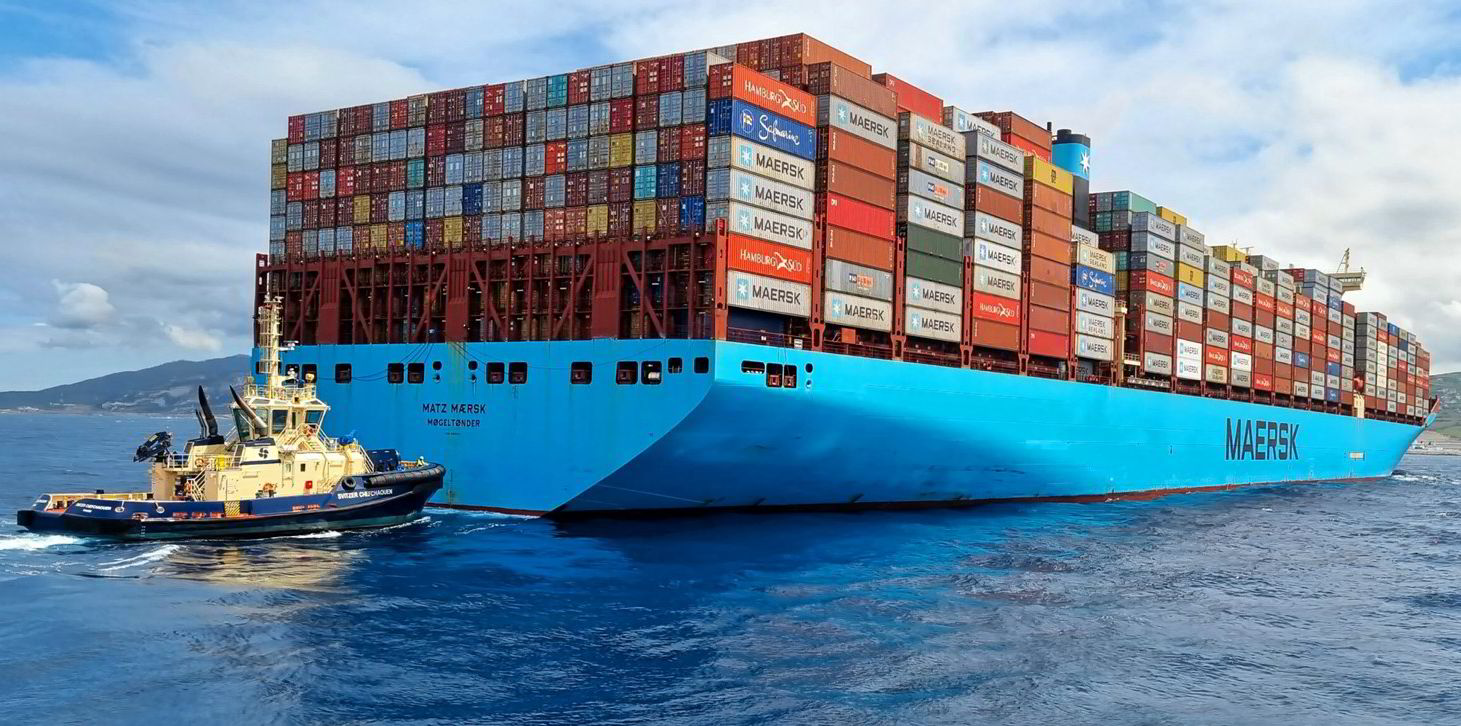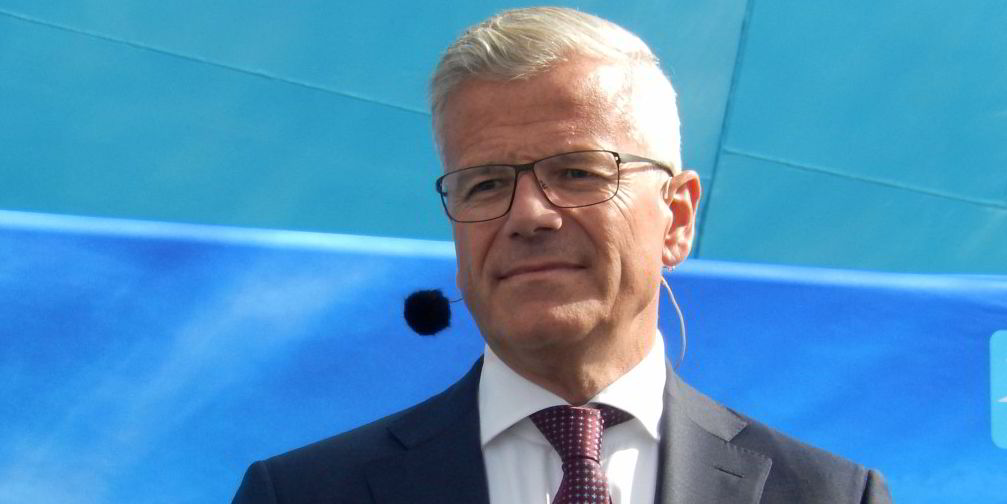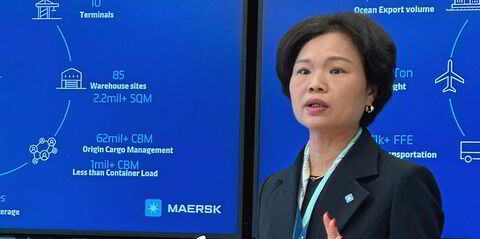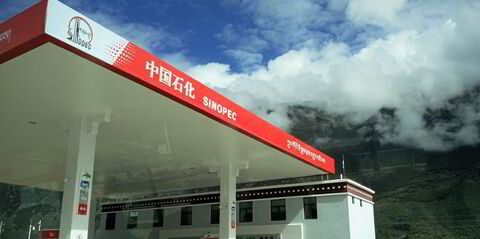Leaving one of the biggest shipping groups in the world to steer an independent path might daunt some executives.
But not Kasper Nilaus, chief executive of towage giant Svitzer, which is being spun off from AP Moller-Maersk through a listing in Copenhagen next month.
The boss told TradeWinds: “I find it super-exciting. And I think our people find it super-exciting.
“We were founded in 1833 by a guy called Emil Zeuthen Svitzer, and his name has been our name for 190 years.
“And even in the 45 years that Maersk has owned us, we have still been called Svitzer.
“In a few short months, we will still be Svitzer. So we have a very strong brand. We have a very long history.”
The company has had to redefine itself many times, moving through two world wars.
“We are a company that is characterised by resiliency, not just of the business, but also of the people and this ability to change and innovate,” Nilaus said.
He described the upcoming listing as a “fantastic platform” and said the company has been working on the demerger since before the summer break last year.
“There has been a process ongoing for Svitzer,” he told TradeWinds.
Best future
Maersk decided the best future for Svitzer would be the demerger and the listing as it focuses on its own core container ship and logistics operations.
Since then, there has been a dialogue between the two companies.
“We’ve been working on this for a while and we’re fully ready and look very much forward to being a stand-alone company and operating on the stock exchange,” Nilaus told TradeWinds.
“For Maersk, it’s very much the benefit of continuing the focus on the core business.”
Part of the newfound freedom will be the chance to drive its own decarbonisation agenda.
“What we have done so far, we have reduced our CO2 intensity from 2020 to last year by 24%. That is a big step forward,” Nilaus said.
“It’s primarily done through biofuel. Particularly in the UK — we had close to 70 vessels sailing on biofuel last year.”
As far as new ship orders go, “Eventually we’ll have to. We’re looking at a multitude of possibilities to reduce the emissions.
Fuel choices
“I think batteries will come. For 10 years, we’ve had four tugs operating in Australia that have diesel-electric engines. And we’re working on a tug with battery propulsion.”
Hydrogen is “very difficult” as a concept, he said.
“Hydrogen is one of the future fuels with the least energy density. And there isn’t a lot of space for tanks on a tug,” he told TradeWinds.
“So I think hydrogen will probably not be very attractive. We’re also looking into methanol as a future fuel.”
Nilaus pointed out ammonia has a lower energy density than methanol but could still be used.
However, there is still “that element of hazard” on board.
“It’s poisonous. So you need to be able to work with it in the right way. But, you know, ammonia is very much being looked at for the bigger ships and it could also eventually come to tug boats.”




